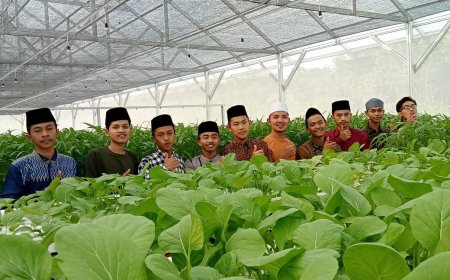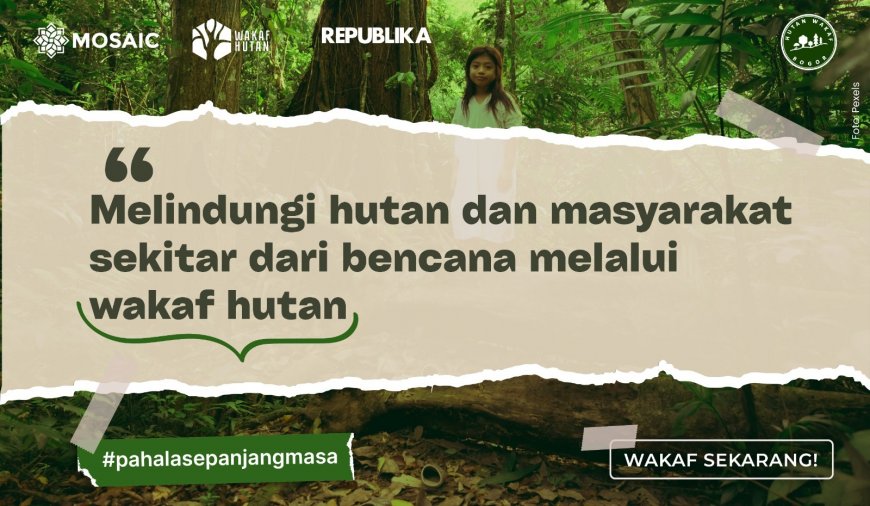Make Ramadan a month full of blessings, not full of garbage
The increase in garbage during Ramadan is an irony.
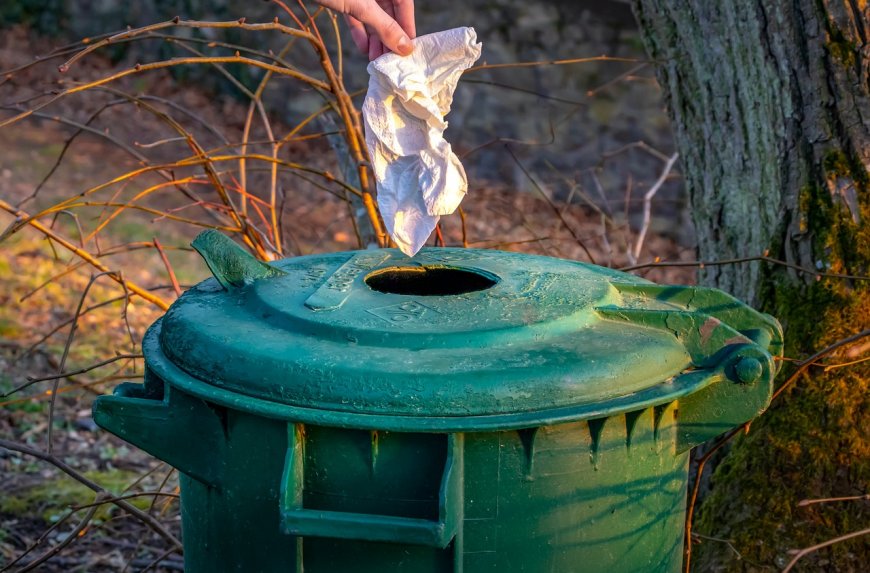
A number of regions have reported that waste generation increases when entering Ramadan compared to normal times. The latest data comes from the Serang City Environmental Service which reports that waste generation during Ramadan is 800 tons per day. This number has increased significantly compared to normal times when the number of canoes was around 320-370 tons per day.
The number of impromptu markets and spilled markets at a number of points in Serang has caused the amount of plastic food waste to increase. Even though they have not released daily waste recapitulation data, a number of regions have confirmed a similar increase in waste generation. This repeats the annual phenomenon that according to data from the Ministry of Environment and Forestry, the amount of waste generated during Ramadan increases by 20 percent every year.
Member of the Nahdlatul Ulama (NU) Disaster Management and Climate Change Institute (LPBI) M Ali Yusuf said that the increase in waste volume in the month of Ramadan was an irony. Moreover, remembering that the meaning of fasting or "shiyam" is the attitude and behavior of restraining one's desires and controlling oneself from all actions that are prohibited, but also hated or disliked by Allah SWT. The essence of fasting is an effort to forge oneself to become a person with noble morals in order to succeed in achieving a level of piety. "If during Ramadhan fasting the rubbish piles up and increases in volume, then the quality of our fasting is questionable," said the member of the MOSAIC Steering Committee.
According to Ali, the accumulation of rubbish is the remainder of everything that has been consumed excessively. Even though exaggeration is something that is hated by Allah and the Prophet Muhammad SAW. This excessive attitude makes the quality of fasting seem to only shift the time to fulfill one's desires and desires from daytime to nighttime or after Maghrib. Even when breaking the fast, he said, it tends to be like "revenge" by preparing as much as possible to consume.
He explained that people who fast are expected to not only improve their relationship with Allah SWT, the Creator, but also with fellow humans and other living creatures. Accumulating rubbish not only violates religious prohibitions on excesses and can reduce the quality of your relationship with Allah SWT, but also has a negative impact on the environment and can threaten the survival of humans and all creatures on earth.
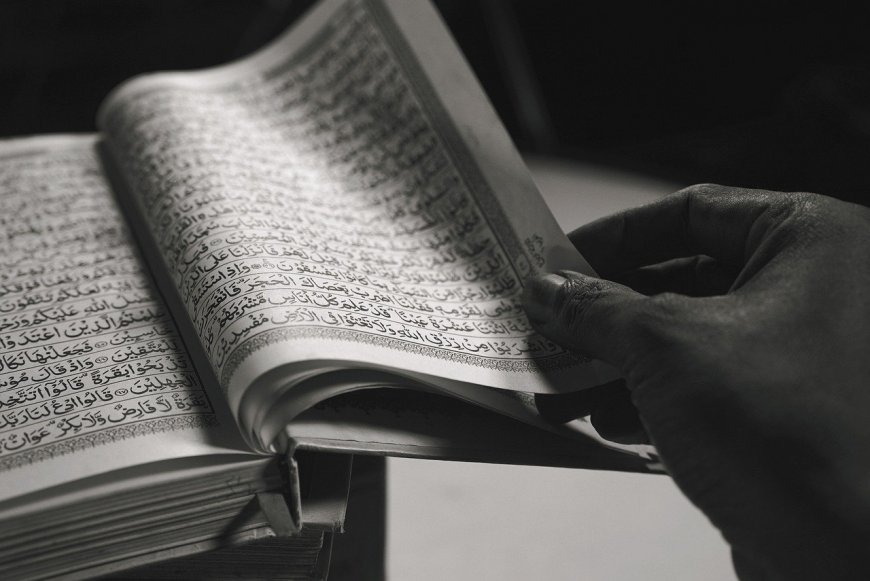
Therefore, for Ali, the current Ramadhan fast should be a collective momentum to make more serious efforts to improve the quality of our fasting by refraining from excessive shopping and excessive consumption in order to reduce potential waste. According to Ali, these attitudes and behavior are a reflection of noble morals that will lead us to achieve the ultimate goal of fasting, namely becoming a pious person.
Takmir of Al-Muharram Mosque, Bantul, Yogyakarta, Ustaz Ananto Isworo hopes that Muslims will be wise in managing worship in the month of Ramadan. He said that Muslims should not commit environmental sins when fasting. He explained that the increase in the amount of waste in a number of areas in the country during Ramadan is evidence of the practice of tabdzir or wasteful and ishraf or exceeding limits. "Tabdzir and Ishraf are close to satanic behavior," said Ustaz Ananto.
According to Ananto, fasting teaches Muslims to be frugal. Shopping should be according to your needs. It's just that, as soon as it is time to break the fast, many people follow their desires and do tabdzir and ishraf. "This reduces and destroys our daily acts of worship," he said.
The pioneer of the Waste Alms Movement also appealed to those who are fasting to reduce single-use items, especially those made from plastic, including glasses and bottled drinking water. In particular, said Ustaz Ananto, for mosque takmirs who organize breaking the fast together.
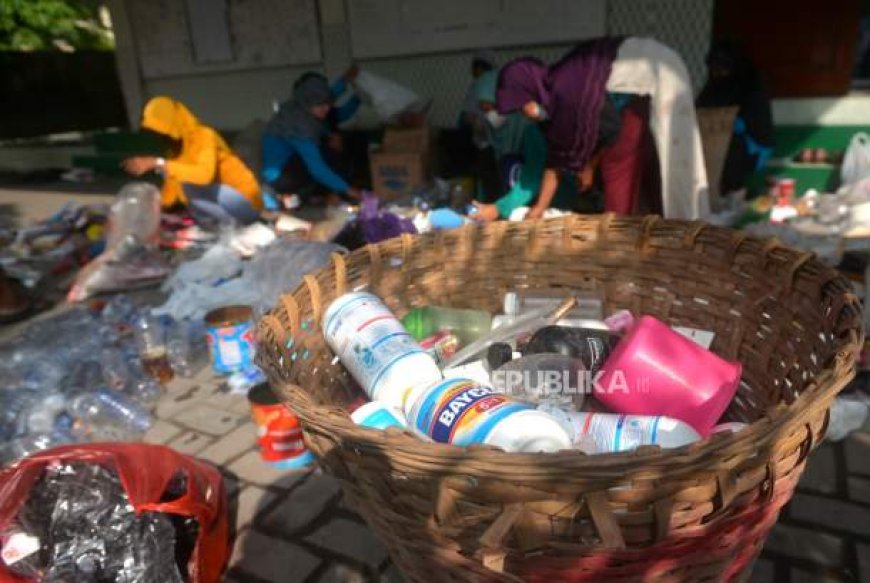
He also asked the takmirs to practice the principle of Sorting, Managing and Utilizing (3M). The mosque takmir can sort out the boxes of rice used for breaking the fast. Food scraps from the rice boxes are collected to be used as animal feed or processed into compost. Meanwhile, rice box waste can be collected and used as funds for alms, thus becoming an addition to mosque-based philanthropy.
“Hungry and thirsty, restraining desires is not just physical, but also refraining from disobedience to the environment and nature. . Please save money. "Ramadan is a month where not only the sins of our environment have been treated unjustly for a year," he said.
Ananto added that Muslims are also expected to act wisely when entering Eid al-Fitr. When preparing food and drinks for visiting guests at home, he asked that used glass containers be collected and managed. The results, he said, could be sold to become capital for alms. "We can make Eid al-Fitr holy, including from our environmental waste," he said.
Likewise when entering Eid al-Fitr or Eid. At that time, Muslims prepare food and drinks for visiting guests at home. "We urge Muslims to act wisely. Guests' drink glasses can be managed and collected, sold so they can be given to charity. Eid al-Fitr can be holy, including from our environmental waste," he said.


